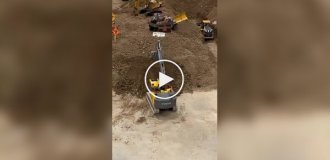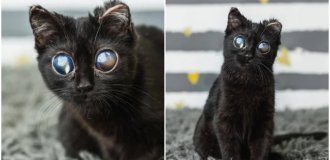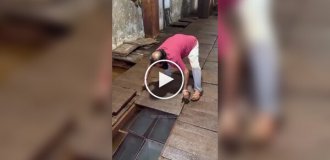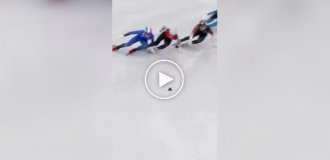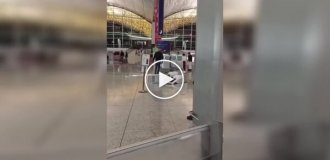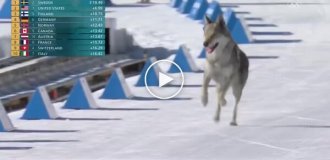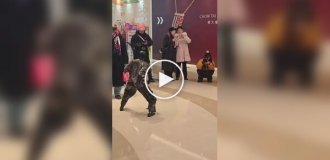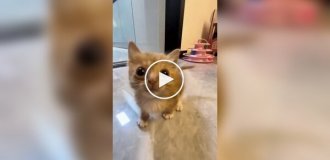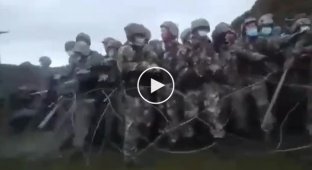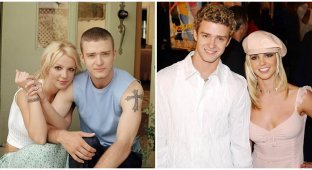He was raised like a dog, but he was able to heal (6 photos)
American psychotherapist Bruce Perry worked with children with severe cases of post-traumatic syndrome (PTSD) - they saw a murder, grew up in a sect, saw violence, or were themselves victims of violence. 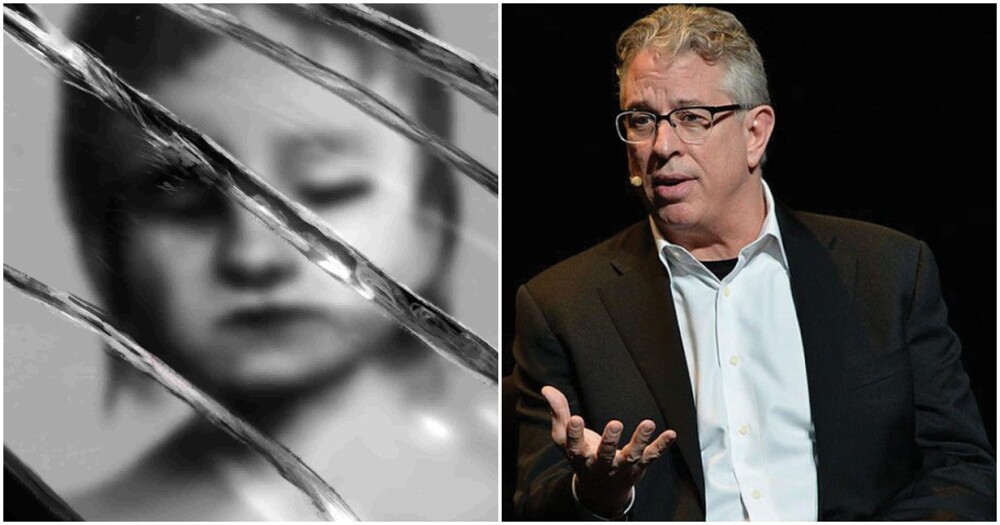
He published the book “The Boy Who Was Raised Like a Dog,” where he cited ten stories of his patients, accompanying them with comments for teachers, psychologists and parents on how to help little people cope with severe trauma.
In his practice, there really was a case of the so-called Mowgli child, whom he was able to heal. The boy spent five whole years in a cage and on chains. 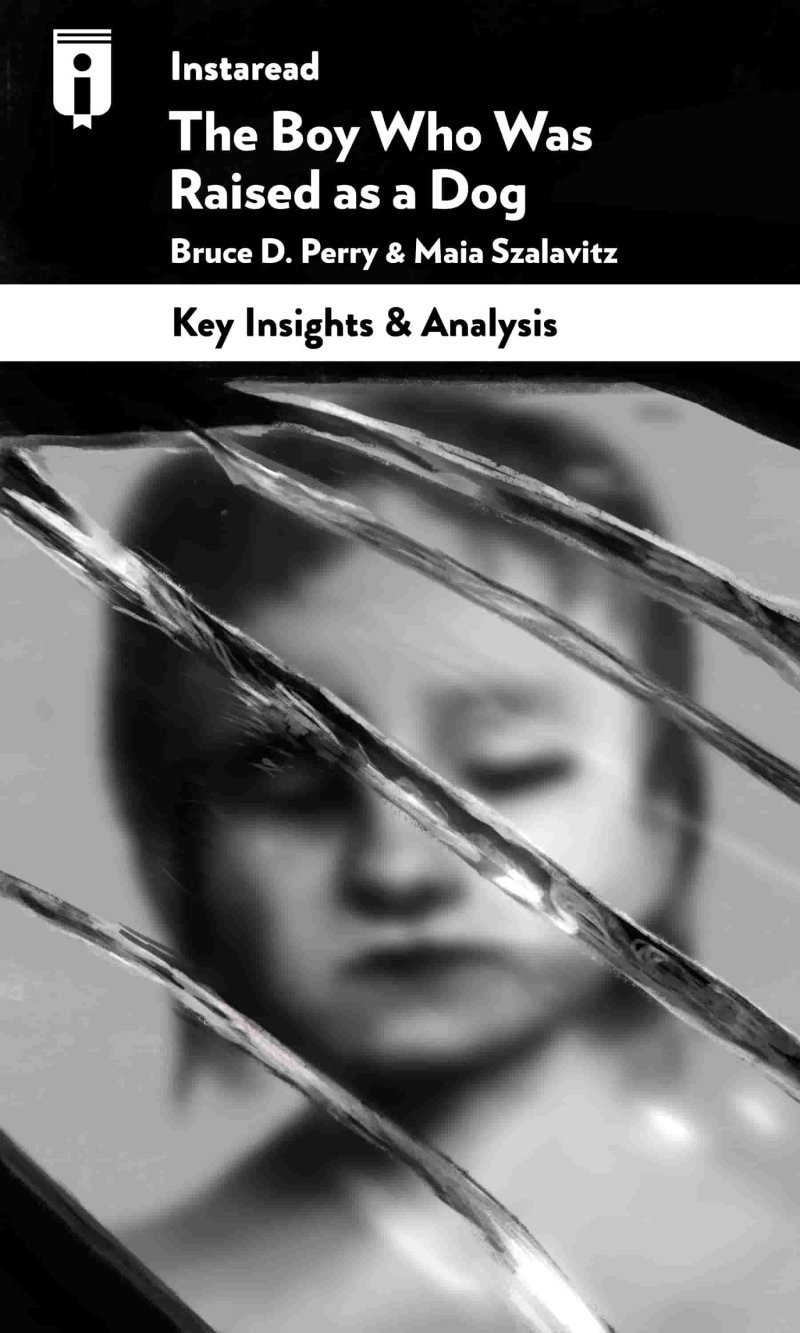
Justin's mother was a fifteen-year-old girl who left the child's care to his grandmother. The woman was obese and when the boy was 11 months old she died. The woman’s partner, 60-year-old Arthur, stayed with Justin. Custodial workers asked him to temporarily care for Justin while they looked for a place for him.
There is an assumption that Arthur suffered from a mild form of mental retardation, plus he knew absolutely nothing about how to raise children. 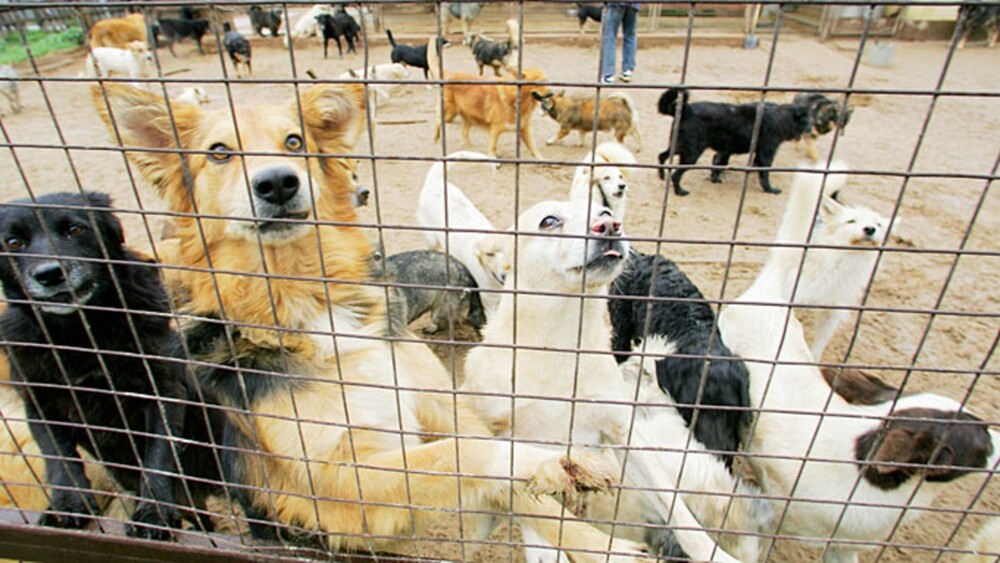
Arthur was not cruel. He took care of Justin as best he could - fed him, changed him, but did not do everything else that parents do with babies. For five years, the child lived in a cage with dogs and behaved exactly like them. After all, he was treated exactly the same as his furry friends. 
Perry had the task of finding out whether Justin was capable of developing, or whether this potential had already been lost forever. It was necessary to understand whether neural systems could be reformatted again if the baby was kept in a safe and understandable environment.
A minimum number of staff were selected to interact with Justin to relieve him of sensory overload. And gradually they began to introduce occupational therapy, physical therapy and speech therapy into the schedule. One of the psychiatrists worked with Justin every day, and Perry also visited him regularly. And... the improvement became tangible and noticeable.
Every new day, Justin made progress and, what was very important, he stopped being afraid. He stopped getting dirty in his own excrement, stopped throwing food, began to smile consciously, and it was clear that the baby clearly understood some verbal instructions.
Despite the fact that the dogs' habits still remained, sometimes he could react to strangers in the same way as a frightened dog - at first he backed away, then slowly approached and backed away again. 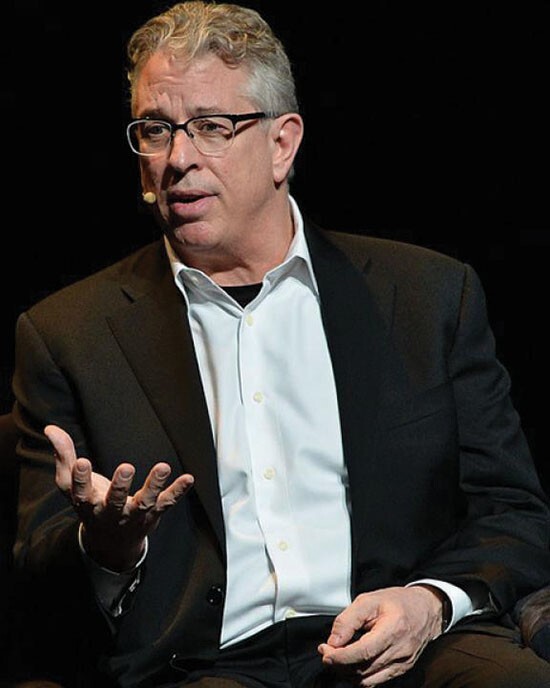
Bruce Perry
Perry's colleagues initially thought that the psychiatrist's efforts would be in vain. But within a week, with the help of a physiotherapist, Justin was able to sit well and needed very little help to stand. Well, three weeks later the boy already took his first steps.
The occupational therapist helped Justin develop fine motor skills and taught him simple household self-care activities: brushing teeth, using cutlery, getting dressed. Often, children who have been isolated for a long time have developed a very sensitive sense of smell - they are prone to sniffing and licking not only food, but also people. Of course, Justin had this problem too, because he grew up around dogs. The boy was taught that such behavior is not always appropriate, and speech specialists taught him how to speak. It all started with the simplest words.
Those neural networks of the brain that were previously dormant and did not develop began to respond well to stimulation. Justin greedily absorbed information, absorbing new experiences. Within two weeks, the boy was placed in a foster family, where in just a few months he achieved stunning results. Perry said Justin's story was the fastest recovery from severe isolation he had ever seen. Of course, this inspired Bruce Perry to continue to work harder.
And six months later, Justin was transferred to another foster family that lived in a different area. The boy got new doctors and for some time they worked together with Perry, but due to the large flow of patients, Justin disappeared from the sight of his first doctors. But they always used him as an example when talking to other foster families with children who had experienced severe isolation in early childhood. 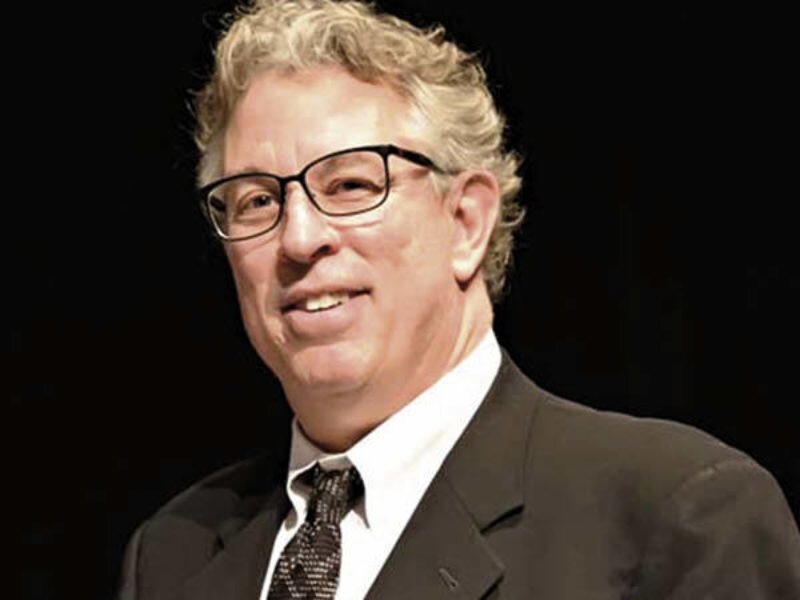
Bruce Perri
Two years later, letters arrived at the Perry clinic - a modest message from Justin's adoptive family, where they talked about his success. The boy was eight years old and was completely ready to enter preparatory class. Also in the envelope was a photo of Justin holding a backpack and a lunch box in his hand. He stood in front of a school bus.
But the most valuable thing about this letter was that on the back of the photo there was the inscription “Thank you, Dr. Perry,” written by Justin himself.



